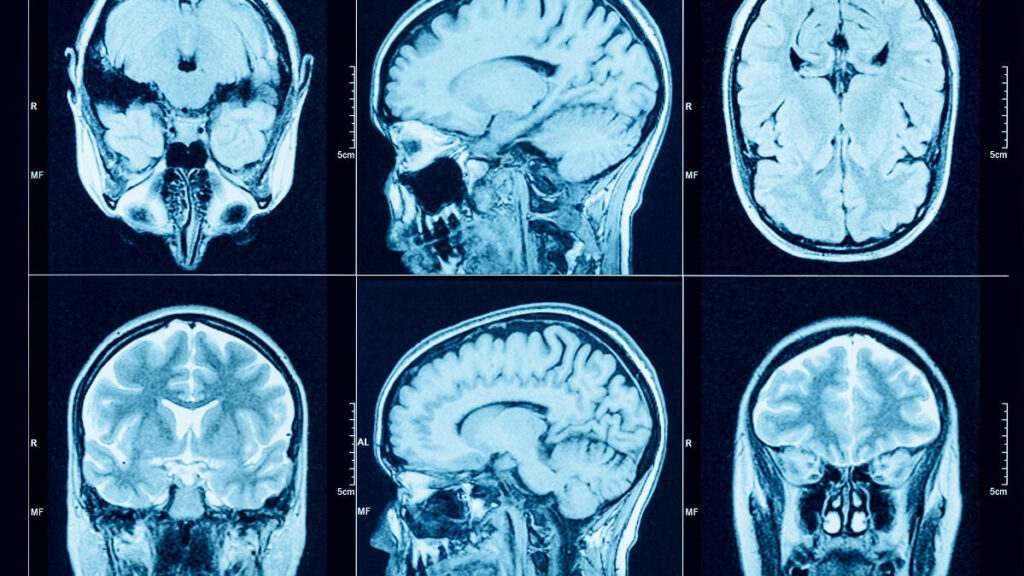Using artificial intelligence (AI) to analyse brain scans of patients with multiple sclerosis (MS) could unlock breakthrough insights into how the disease progresses and lead to new treatments, research has found.
A team from the University of Sydney, led by Dr Heidi Beadnall, has received a $92,565 Incubator Grant from MS Australia to further explore whether brain lesion numbers, lesion volumes and brain volumes can be efficiently calculated from routine MRI scans with AI.
Using this method, researchers aim to eliminate the time-consuming manual process of examining brain scans and also gain significantly more valuable information.
“In the clinic, people with MS (as well as their families, friends and carers) often ask questions like, ‘How many MS lesions do I have?’, and ‘Do I have brain atrophy (shrinkage)?’” Dr Beadnall says.
“Currently these questions cannot be answered accurately, due to clinicians not having rapid access to quantitative MRI data in the real-world clinical setting. This project addresses this unmet need by making this data available to clinicians.”
MS Australia head of research Dr Julia Morahan says the funding will drive innovative research.
“We are facing accelerating numbers of MS in Australia, so we are more determined than ever to explore every possible avenue to find solutions. These grants exemplify that commitment,” she says.
“The complexity of MS means that it’s absolutely crucial we support trailblazing ideas from our brightest minds, with the ultimate goal of unearthing new and better strategies to combat this condition effectively.”
What is MS?
MS is a debilitating chronic disease that attacks the central nervous system (brain, spinal cord and optic nerves).
How fast the disease progresses, plus the exact type and severity of MS symptoms, is unique to each individual and cannot be reliably predicted. At the moment, MS is a lifelong disease that has no cure.
Although varied, common initial symptoms include extreme fatigue (even when you’ve slept well), muscle spasms, trouble with sexual performance, slurred speech, tremors and slowed thinking.
Obviously, these symptoms also form part of many other, less serious conditions so a diagnosis of MS often comes later, after other things have been ruled out.
Analysing patient MRIs using AI could be one way to speed up the diagnostic process.
According to MS Australia, there are more than 33,300 Australians living with MS, with between one and two cases diagnosed every day. The disease is more common in women than men, with 75 per cent of all new MS cases being diagnosed in women.
Do you or anyone you know have experience with MS? How else can we use AI to treat serious conditions? Let us know in the comments section below.
Also read: Groundbreaking drug enters human trials in Australia

